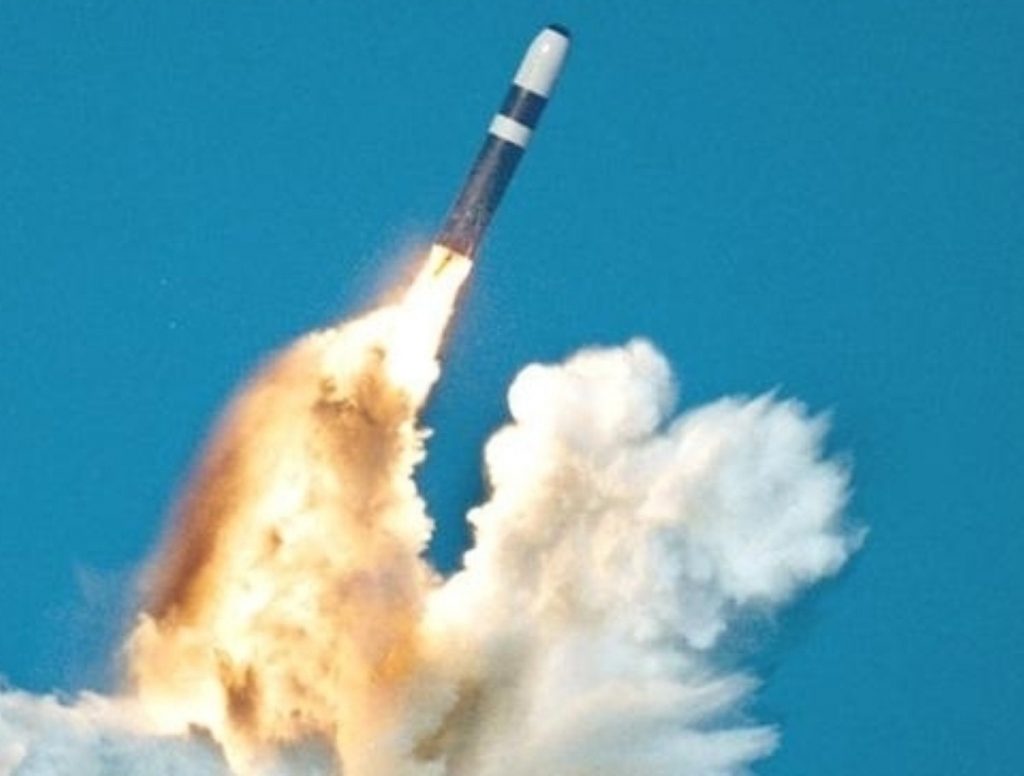Clegg denies Liberal Democrats ‘threaten national security’
By Sasjkia Otto
Nick Clegg has denied senior defence on intelligence figures’ warnings that the Liberal Democrats’ plans to hold the intelligence forces accountable could threaten national security.
In a letter to The Times today, Peter Clarke, former national counter terrorism coordinator, Sir Richard Dearlove, former Secret Intelligence Service chief and Lord Guthrie of Craigiebank, former chief of the defense staff, said the Liberal Democrats’ plans to launch an inquiry into the national security organisations would jeopardize cooperation with allies vital to combating terrorism.
“The agencies must be held accountable,” they said. “But how this accountability is achieved is critical. The Liberal Democrats’ approach lacks balance.”


They also attacked Lib Dem policies on having a more distant relationship with America, preemptively rule out military action against Iran and hold a review on the replacement for Trident.
They said the Liberal Democrats threatened long-standing cross-party consensus about national security and expressed concerns about what they called a lack of clear policies on terrorism, NATO, Afghanistan and North Korea.
“The Liberal Democrats need to show that they do not stand outside the cross-party consensus on national security affairs,” they said.
“We believe that they need to clarify their position as soon as possible. All political parties must send the right signals, to friend and foe alike.”
Nick Clegg hit back today on GMTV: “I care passionately about the national security of this country, but I am not going to take lectures from a bunch of retired establishment figures about the security of this country,” he said.
“Some of them actually made the biggest mistakes in the run-up to the Iraq war.”
Lord Ashdown went further on the Today programme: “This letter is so riddled with inaccuracies it is frankly a crude and rather clumsy attempt to influence the electorate on the eve of the election,” he said.
“I think it is probably the worst example of that in this case from retired members of the intelligence and security community in Britain from the publication of the Zinoviev letter in 1924.”
Human rights organisation Liberty also stepped in, branding the attempt by “securocrats” to influence the outcome of a general election “un-British”.
Its director Shami Chakrabarti, said. “In the 2005 campaign, the former Metropolitan police commissioner attacked opponents of ID cards. Liberty thought that was highly inappropriate.
“Today’s stunt – attacking opponents of torture and punishment without trial – is equally wrong. British voters have common values and common sense. They will dismiss this dodgy letter like the dodgy dossier that came before it.”












